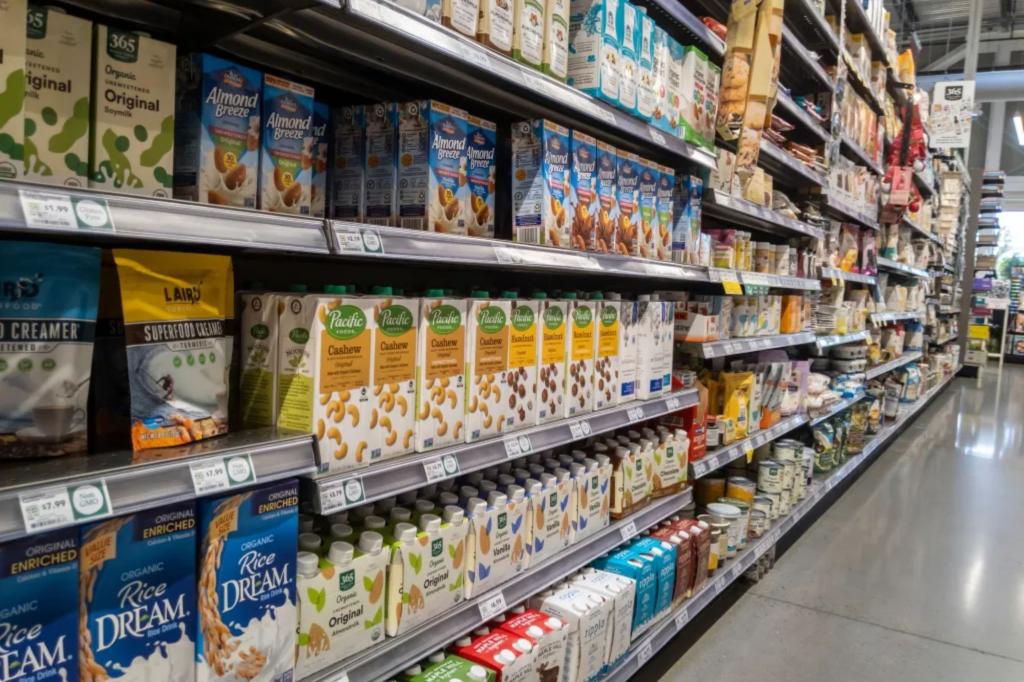A variety of milk options are available on store shelves today, including skim, coconut, cashew, almond, oat, and soy. However, registered dietitian Natalie Rizzo emphasizes that cow’s milk and soy milk have the most legendary health benefits. Cow’s milk is particularly nutritious, containing 8 grams of protein and 13 essential vitamins and minerals in a single 8-ounce glass. It is also a good source of calcium, vitamin D, vitamins A and B, and potassium, all of which are essential for overall health. The Department of Agriculture’s Dietary Guidelines for Americans recommend consuming three servings of dairy a day, preferably in fat-free or low-fat forms.
Despite being equal in protein content, the various types of cow’s milk offer different levels of calories and fat. Skim milk is the lowest in calories and fat, while whole milk contains the highest amounts of both. The 1% and 2% milk varieties fall in between these two extremes. Rizzo notes that about 90% of the US population does not consume enough dairy. For those who cannot digest lactose, fortified soy beverages are a recommended alternative. Soy milk is highlighted as the healthiest non-dairy milk option, containing 8 grams of protein per 8 ounces and offering similar protein content to cow’s milk.
Rizzo also recommends other healthy milk alternatives such as pea milk, unsweetened almond milk, and hemp milk. Pea milk is praised for its creamy texture and nutrition stats comparable to soy milk. Unsweetened almond milk is noted for being low in calories, while hemp milk provides a significant amount of calcium. However, Rizzo expresses reservations about oat milk, stating that it is higher in calories compared to other milks and offers minimal fiber and calcium content. New York dietitian Marissa Meshulam echoes Rizzo’s sentiment by pointing out that oat milk is not the most nutritious option due to its high carbohydrate content and breakdown of starches into simple sugars during processing.
Oat milk’s position on the list of healthiest milks varies among experts. While Rizzo and Meshulam are critical of oat milk’s nutritional profile, EatingWell ranks it fifth for its fiber content. The top-ranking milks on their list include cow’s, soy, almond, and coconut milks, followed by hemp and rice milks at the bottom. Ultimately, the choice of milk should align with personal dietary preferences and nutritional needs. It is essential for consumers to consider their individual health goals and potential allergies or sensitivities before selecting a milk option.


